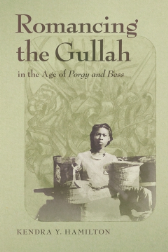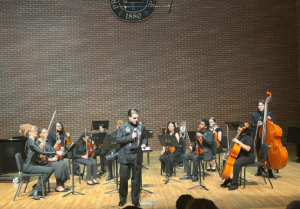Why You Shouldn’t Let Admissions Boards Control Your Liberal Arts Experience

March 23, 2015
Many students from PC will experience the challenging task of applying to graduate or professional school at some point in their educational career. With this process comes the uncertainty of where their future will lead if they are not accepted, and this fear of rejection often controls their choices long before they even start applying. The path to acceptance for certain graduate programs such as medicine or engineering tends to have little room for deviation or alternative routes, unlike areas such as law or social sciences which allow more flexibility. Because many students feel the pressure of competition and the difficulty of being accepted, many will steer away from courses that are not critical for their future applications.
Courses such as economics, foreign languages, philosophy, and more are being avoided by many higher-degree-hopefuls for a number of reasons. In my conversations with other students, one PC student admitted not taking an economics classes because they were afraid they would not be able to make an A, and that it would lessen their chances of acceptance into their graduate school. Another student confided to me that she did not take upper-level language courses because she felt the state schools she applied to would question her commitment and devotion to medicine. If she went to study abroad in another country, her interest in travel might lead them to believe she would want to serve in medicine outside of the country instead of staying in-state and serving its residents.
In the globalized economy and ever-connected society we live in today, it is imperative that students take courses which educate them on how to be successful world citizens. Money is the one language the whole world speaks, and economics is the study of money. Speaking a second language is essential for cross-cultural communication, and can be a valuable asset in any situation a person may find themselves in. Philosophy can help us build tolerance and understanding for how other humans process the world and apply their beliefs to it. Ethics allows for the study of how and why people make crucial decisions and can define where the law and humanity meet. Physics is an area of science which encompasses every other science, and the language of physics is calculus. All of these courses can have a tremendous impact on the study and improvement of society in the future, and yet they are in decline at PC and in universities at large. Fewer students are enrolling in these supposedly non-essential classes every semester. Students need to set aside their fear of comparison, competitiveness, and rejection from admissions boards and focus on gaining skills and knowledge that will improve their future. In the long-term, a student is much better off having earned a C in a class but having learned the basics of a free-market economy, the difference between Medicare and Medicaid, or what communism and socialism have in common, versus graduating as an ignorant A-student.
For a long time liberal arts institutions of higher education were the protector of these vital areas of study. Many people cite inclusiveness and interdisciplinary nature of the curriculum as reasons for choosing a liberal arts college. However, these formerly constructive general-education requirements which were meant to ensure the well-roundedness of students are now nothing more than a checklist to mark off for graduation. Students at PC and at large need to remind themselves of the privilege of higher education; it is much more important to strengthen the mind and not just a stack of recommendation letters or application essays. The challenges this generation faces are real: a recovering economy, difficulty in finding employment, student loan debt, and the global issues of political instability and resource scarcity. It is understood that to meet these challenges many students will have to have a second degree or some form of professional school in order to get a job. However, on the journey to reaching these educational goals students should remember why they chose PC and a liberal arts education. Remember the ecumenical perspective that inter-disciplinary study provides and how this perspective will be needed to meet global challenges. Remember to pause the concerns of graduate school and appreciate the connections between all the academic disciplines even if it is not your future area of employment. Enjoy an elective art class or music lesson, a yoga class or an ethics course, take a theater class and read Chaucer. Every one of them is beneficial for personal esteem and growth.
Photo credit: http://www.audiotech.com/trends-magazine/the-battle-to-restore-american-competitiveness/





